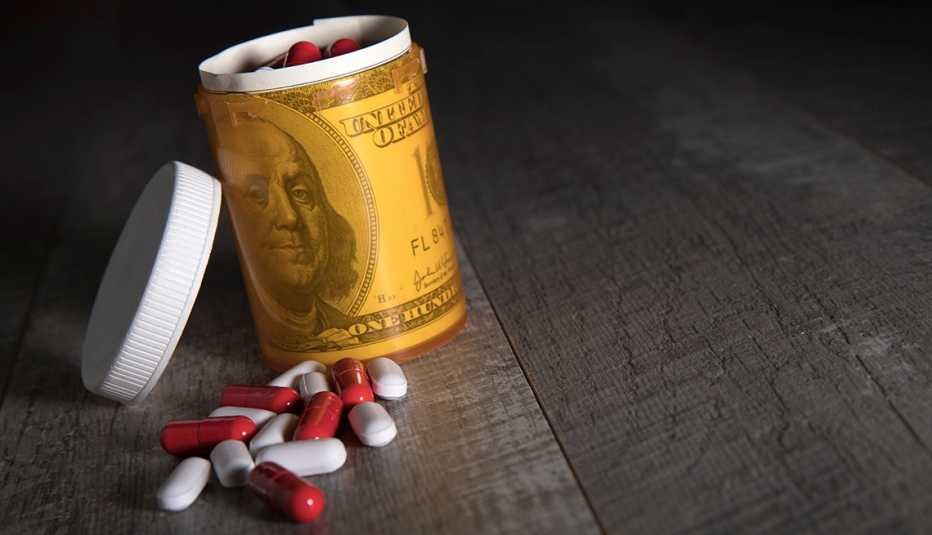Staying Fit


As legislation to lower the runaway prices of prescription drugs moves through Congress and the Department of Health and Human Services (HHS) works on its own fixes to the problem, new data from AARP shows that retail prices of brand-name drugs have increased by more than twice the rate of inflation.
"The [health care] industry better take notice because it's serious now,” Sen. Mike Braun (R-Ind.) said Wednesday morning at an event in Washington, D.C., sponsored by AARP and Axios. “Drug pricing is the marquee item {for lawmakers} because everyone has a prescription.” Braun sits on the Senate Finance Committee that has approved a bill that would, among other things, set an out-of-pocket cap on prescription drug costs and penalize pharmaceutical companies for raising prices higher than the rate of inflation.


AARP Membership— $12 for your first year when you sign up for Automatic Renewal
Get instant access to members-only products and hundreds of discounts, a free second membership, and a subscription to AARP the Magazine.
Sen. Ron Wyden of Oregon, the ranking Democrat on the Finance Committee, said the panel's bill would be the “first-ever hard legislative cap against price gouging of seniors on Medicare.” Wyden has said in recent town hall meetings he has held in both rural and urban Oregon that the “unifying proposition was going after pharmaceutical price gouging.”
A new AARP report released Wednesday reveals that retail prices for 267 widely used brand-name prescription drugs increased by an average of 5.8 percent in 2018. The rate of inflation that year was only 2.4 percent. The average annual cost for one brand-name medication used to treat a chronic condition was more than $7,200 in 2018 — almost four times higher than in 2006, AARP found.
"At kitchen tables across America, families are confronting the same question,” AARP Chief Advocacy and Engagement Officer Nancy LeaMond said Wednesday. “How will we pay for the medication we need and still have enough to cover the mortgage, the rent, put food on the table and pay the bills?” Since last spring, AARP has waged a Stop Rx Greed campaign to convince federal and state lawmakers to take action to lower prescription drug prices.

































































More on politics-society
Soaring Drug Prices Affect Nearly Every American
Lawmakers at every level need to address this problemHigh Prescription Drug Prices Lead Many Consumers to Ignore Doctors' Orders
New analysis shows 28 percent of Americans do not follow their medication regimens